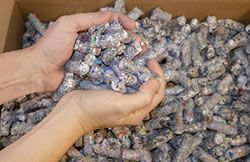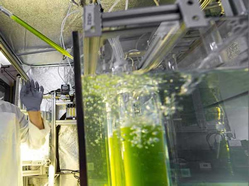DLS Converts 2 Million Pounds of Label Waste into Clean Energy
Engineers pioneer greener and cheaper technique for biofuel production
New Biofuel Could Work in Regular Diesel Engines
First generation biofuels don't have to mean food shortages, according to UN official
A better way of converting coffee waste to biofuel?
Maine Woods Pellet Co. chooses Turboden ORC Technology Instead of Traditional Steam
SAAB Gripen flies on 100 percent biofuel
Vega Biofuels, Inc. Expands Capabilities of Generation 4 Torrefaction Machine
How Flushing your Toilet could help create Biofuel
Solar & Wind Cheaper To Replace Coal In UK Than Biomass
Scripps Vessel Proves Viability of Renewable Fuel on 14,400-Mile Voyage
Danish researchers may have found 'the energy source of the future'
Low Oil Prices Not Killing Algae Biofuel - Yet
Could this be the future of biofuels?
Duke scientists making algae biofuel more viable
Records 16 to 30 of 37
First | Previous | Next | Last
Featured Product














